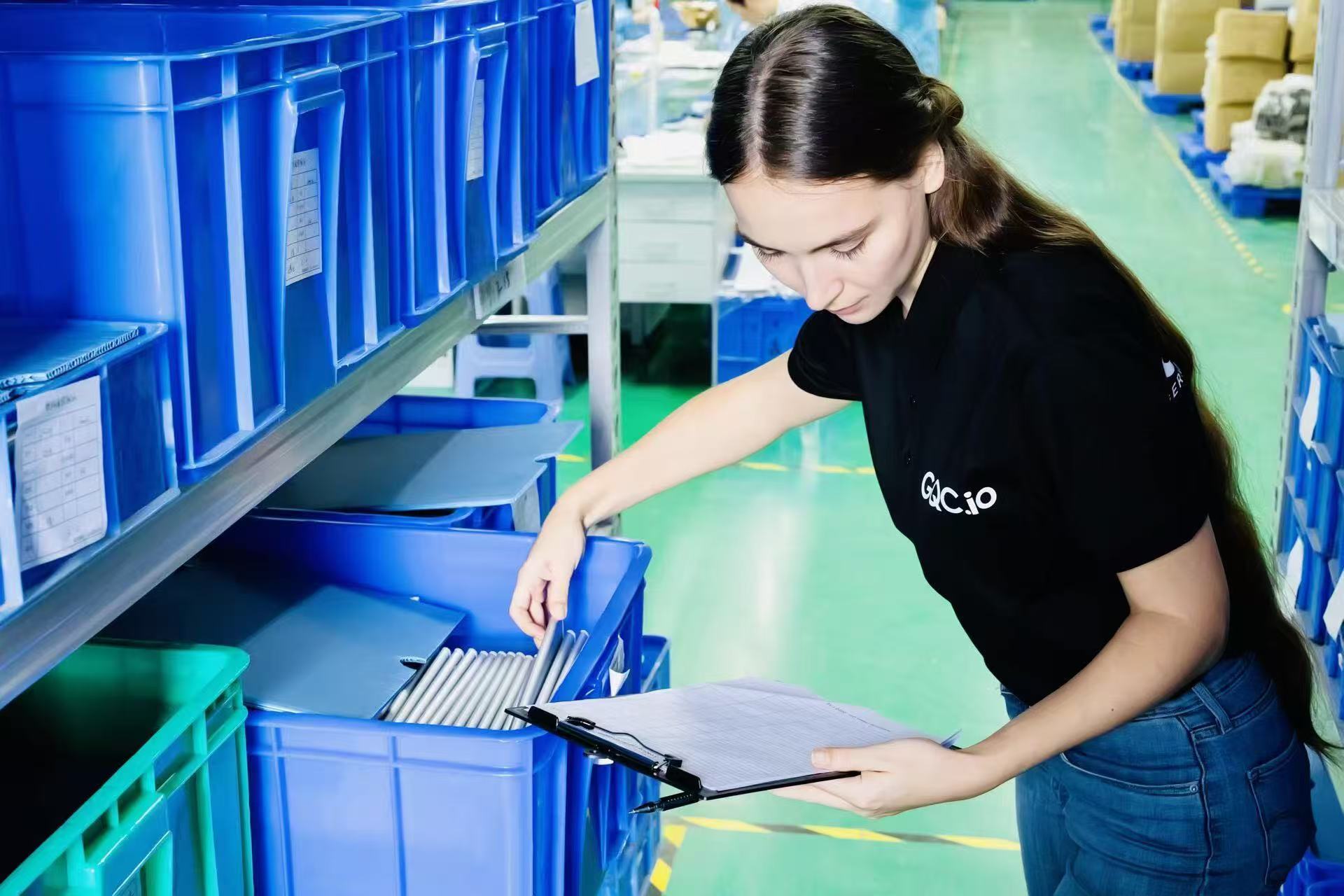Sustainability is no longer a trend; it’s a critical aspect of modern business operations, particularly in manufacturing and product development. As businesses worldwide focus more on reducing their environmental impact, sustainability has become an integral part of the quality control process. From reducing waste to improving product design, sustainability in quality control ensures that products are not only high quality but also environmentally responsible.
TheProblem: Environmental Impact and Waste in Manufacturing
Manufacturing processes are often associated with high levels of waste, resource consumption, and negative environmental effects. These inefficiencies can result in increased production costs, harm to the environment, and poor brand reputation. Without a focus on sustainability, businesses risk creating products that may not meet the increasing demands for eco-friendly practices from both consumers and regulators.
Common sustainability challenges include:
- Excessive waste: Poorly optimized production processes can generate excess scrap, materials, and energy consumption.
- Non-sustainable materials: Many products use materials that are harmful to the environment, such as non-recyclable plastics or unsustainable raw materials.
- Inefficient processes: Processes that are not energy-efficient or waste-conscious increase the overall environmental footprint of production.
Without integrating sustainability into quality control, businesses may overlook the long-term consequences of these issues, impacting not just product quality but their ability to meet environmental and social expectations.
TheSolution: Integrating Sustainability into Quality Control
Incorporating sustainability into the quality control process helps businesses reduce waste, optimize production, and create more environmentally friendly products. Here’s how sustainability can be integrated:
1. Waste Reduction in Production Processes
One of the core elements of sustainable quality control is minimizing waste throughout the manufacturing process. By optimizing production methods and adopting waste-reducing technologies, businesses can reduce their environmental footprint and lower production costs.
How to Implement It:
- Lean manufacturing: Use lean principles to eliminate inefficiencies in the production line, reduce scrap, and streamline processes.
- Recycling: Incorporate recycling practices into production to reduce waste sent to landfills, turning it into valuable materials for future products.
2.Sustainable Materials and Design
Sustainability in quality control also extends to the materials used in products. By selecting environmentally friendly materials and designing products for longevity, businesses can reduce waste and improve the recyclability of their products.
How to Implement It:
- Eco-friendly materials: Opt for materials that are biodegradable, recyclable, or come from sustainable sources.
- Design for durability: Design products that are built to last, reducing the need for frequent replacements and minimizing waste in the long run.
3.Energy-Efficient Production Processes
Incorporating energy-efficient technologies into production processes not only reduces costs but also helps to minimize the environmental impact. By making production more energy-efficient, businesses contribute to a sustainable future while maintaining product quality.
How to Implement It:
- Energy-efficient machinery: Invest in machinery that consumes less energy, ensuring that production processes are both efficient and sustainable.
- Alternative energy sources: Where possible, utilize renewable energy sources such as solar or wind power to reduce the reliance on non-renewable energy.
4.Sustainable Packaging
Packaging is a significant source of waste in many industries. By using sustainable packaging solutions, companies can drastically reduce their environmental impact.
How to Implement It:
- Minimal packaging: Use packaging that is as minimal as necessary to protect the product while reducing waste.
- Eco-friendly materials: Shift to recyclable, biodegradable, or compostable packaging materials to reduce plastic waste.
5.Compliance with Environmental Standards and Regulations
Sustainability is increasingly becoming a regulatory requirement in many industries. Incorporating sustainability into quality control helps ensure compliance with these regulations, avoiding potential fines or penalties.
How to Implement It:
- Stay informed on regulations: Keep up-to-date with local and international sustainability standards and regulations to ensure compliance.
- Third-party certification: Consider obtaining certifications such as ISO 14001 (Environmental Management) or other relevant sustainability certifications.
Summary: Sustainability in Quality Control for a Better Future
Sustainability in quality control is no longer optional—it’s a strategic advantage. By focusing on waste reduction, sustainable materials, energy efficiency, and eco-friendly design, businesses can improve product quality while reducing their environmental impact.Sustainability in quality control also ensures compliance with regulations and meets the growing consumer demand for eco-conscious products.
If you want to learn more about Quality control you can find out more on www.gqc.io or contact us at info@gqc.io





